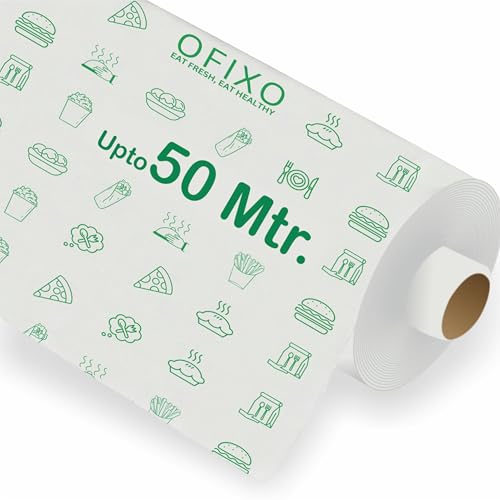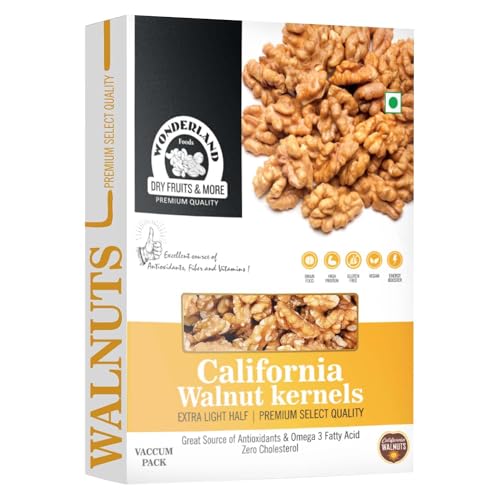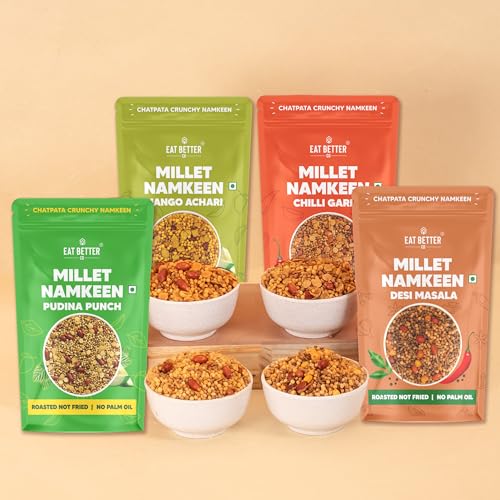The Indian quick-commerce sector has become a battleground for companies racing to dominate the fast-growing market for instant deliveries. Eternal, a key player in this space, recently reported a challenging Q4 marked by significant losses in its Blinkit vertical. With rivals like Swiggy Instamart, Zepto, and BigBasket scaling operations, investors are questioning whether Eternal’s stock remains a viable long-term investment. Let’s analyze the factors influencing its outlook.

Blinkit’s Q4 Performance: A Deeper Look
Eternal’s Q4 results revealed a consolidated net loss of ₹1,200 crore, primarily driven by Blinkit’s struggles. The quick-commerce arm reported a 28% year-on-year increase in operating losses, attributed to aggressive expansion, higher customer acquisition costs, and inflationary pressures. Blinkit added over 200 new dark stores in Tier 2 and 3 cities during the quarter, escalating logistics and manpower expenses. While revenue grew 45% YoY to ₹2,800 crore, margins were squeezed due to heavy discounting and rising fuel costs.
Management emphasized that these losses are part of a “growth-first” strategy, aiming to capture market share in underserved regions. However, skeptics argue that Blinkit’s path to profitability remains unclear, especially as customer retention rates lag behind competitors.
Competitive Pressures Intensify
The Indian quick-commerce market, projected to reach 5billionby2025,isfiercelycontested.Zepto’srecent5billionby2025,isfiercelycontested.Zepto’srecent650 million funding round and Swiggy Instamart’s dominance in metro cities have raised the stakes. Eternal faces dual challenges: defending its urban strongholds and penetrating smaller markets where infrastructure gaps increase delivery costs.
Blinkit’s average delivery time (19 minutes) still lags behind Zepto’s 10-minute promise, a key differentiator for time-sensitive customers. Additionally, rivals are diversifying offerings—Swiggy integrates grocery delivery with food services, while Tata’s BigBasket leverages its supply chain expertise. Eternal’s focus on groceries alone limits its cross-selling opportunities, potentially affecting long-term customer loyalty.
The Bull Case: Why Optimists Stay Confident
- Market Leadership and Scale: Despite losses, Blinkit holds a 32% market share in quick commerce, second only to Swiggy Instamart (38%). Its extensive network of 1,500+ dark stores provides a logistical edge in high-demand areas.
- Synergies with Parent Company: Eternal’s ecosystem includes popular e-commerce and payment platforms. Integrating Blinkit with these services could unlock synergies, such as bundled subscriptions or loyalty rewards.
- Unit Economics Improvement: Recent data shows Blinkit’s average order value rose to ₹600 (up 15% YoY), while delivery costs per order fell to ₹42 due to route optimization. If sustained, this could narrow losses.
- Long-Term Growth Potential: With quick commerce penetrating just 15% of India’s addressable market, Eternal’s early investments in infrastructure could pay off as demand grows in smaller cities.
The Bear Case: Risks Investors Can’t Ignore
- Cash Burn Concerns: Eternal’s cash reserves dropped to ₹4,200 crore in Q4, down 22% sequentially. With Blinkit requiring continued investment, liquidity pressures may force dilution via equity raises.
- Regulatory Hurdles: Recent government proposals to regulate dark store locations and delivery worker wages could increase compliance costs.
- Consumer Fatigue: The quick-commerce “discount war” is unsustainable. As platforms reduce promotions, order frequency may decline.
- Valuation Premiums: Eternal trades at 8x price-to-sales (P/S), a premium to Swiggy’s 6.5x. Any growth slowdown could trigger valuation corrections.
Analyst Views: Mixed Sentiments
Brokerages remain divided. Morgan Stanley maintains an “Overweight” rating, citing Blinkit’s improving metrics and Eternal’s ability to leverage its ecosystem. Conversely, Nomura downgraded the stock to “Neutral,” flagging margin risks and competition. Jefferies suggests a “Hold,” advising investors to await clearer profitability signals.
Strategic Shifts on the Horizon
Eternal’s leadership hints at strategic pivots to address challenges:
- Diversification: Testing new verticals like electronics and pharmacy deliveries to boost order values.
- Tech Investments: AI-driven demand forecasting and dynamic pricing tools to optimize inventory and margins.
- Partnerships: Exploring tie-ups with rural Kirana stores to reduce last-mile costs in Tier 3 markets.
Conclusion: A High-Risk, High-Reward Play
Eternal’s stock is not for the faint-hearted. While Blinkit’s losses and competition pose near-term risks, the company’s scale, ecosystem integration, and improving unit economics suggest potential for a turnaround. Investors with a 3–5-year horizon might consider accumulating shares on dips, provided they monitor cash burn and market share trends closely. However, those seeking stability may find safer bets in sectors with clearer visibility on profits.
In a sector where winners are still being decided, Eternal’s fate hinges on execution—and whether it can outpace rivals in the marathon for quick-commerce dominance.













Pingback: Raid 2 Box Office Day 1: Ajay Devgn’s Film Ignites Optimism